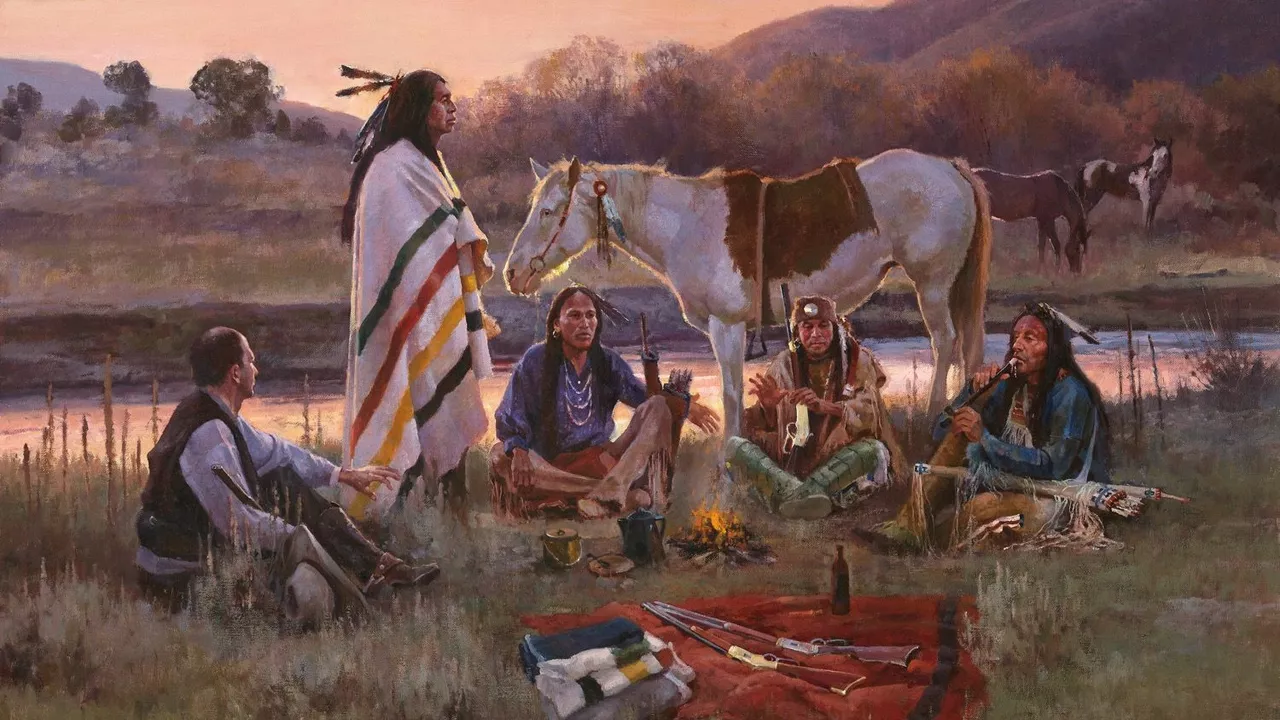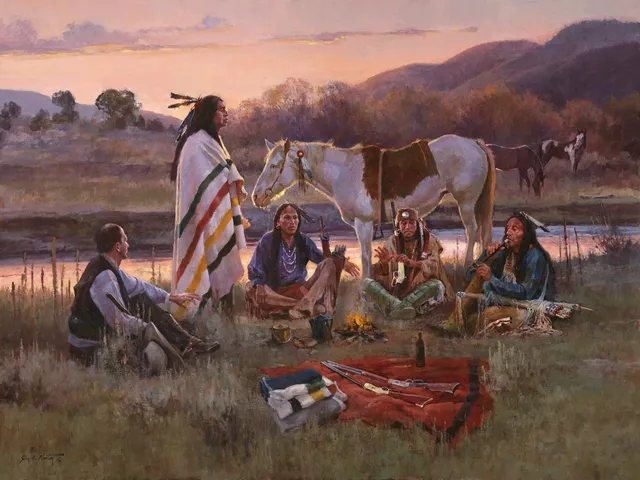Why is living in Native American reservations so boring?
Understanding Native American Reservations
Before we delve into the reasons why living in Native American reservations might be considered boring, it is important to understand what these reservations are. Native American reservations are lands that are managed by Native American tribes under the United States Department of the Interior's Bureau of Indian Affairs. These lands were set aside by the U.S government for the use of specific Indigenous tribes. The concept of living on reservations is unique to the Native American community and carries with it a complex history.
The Remote Location of Reservations
One of the factors that contribute to the perceived boredom is the remote location of many reservations. They are often situated far away from urban centers, limiting access to amenities and activities that city dwellers take for granted. For instance, shopping malls, movie theaters, restaurants, and entertainment venues are often scarce or non-existent on reservations. This lack of variety in terms of recreational activities can make life on reservations seem monotonous.
Limited Economic Opportunities
Another factor that might contribute to the sense of boredom is the limited economic opportunities present on many reservations. Unemployment rates are high and the jobs that are available often offer low wages. This lack of economic activity results in less opportunity for social interaction and community engagement, contributing to a sense of isolation and boredom.
Lack of Quality Education and Cultural Disconnect
Many reservations struggle with providing quality education to their residents, particularly the youth. This lack of engaging educational opportunities can lead to boredom and dissatisfaction among the young population. Furthermore, there is often a cultural disconnect on reservations as traditional Native American values and practices clash with modern Westernized societal norms. This cultural divide can also contribute to feelings of boredom and frustration.
Misconceptions About Reservation Life
Often, perceptions of boredom on reservations are fueled by misconceptions and stereotypes. Many people outside the reservations do not fully understand the rich cultural and community life that exists within these lands. Native American tribes have a deep connection to their land and their culture, and community ceremonies, traditional dances, and storytelling are common activities that provide enjoyment and fulfillment.
The Impact of Historical Trauma
The history of Native American tribes and their forced relocation to reservations is a painful one. This historical trauma can still be felt today and can contribute to feelings of boredom and hopelessness. The lack of opportunity and the socio-economic challenges faced by many residents can lead to a sense of stagnation.
Overcoming the Challenges
Despite these challenges, many Native American communities are finding ways to overcome them. Cultural revitalization efforts, economic development initiatives, and improved education are some of the strategies being employed to combat boredom and improve the quality of life on reservations.
The Beauty and Simplicity of Reservation Life
While some may view the simplicity and quietness of reservation life as boring, others see it as a retreat from the noise and hustle of city life. The close-knit community, the connection with nature, and the slower pace of life can be deeply fulfilling.
Conclusion: A Matter of Perspective
In conclusion, whether life on a Native American reservation is boring or not is largely a matter of perspective. What some might consider boring, others might view as peaceful and fulfilling. It's important to remember that boredom is a subjective experience and what one person finds monotonous, another may find relaxing and enjoyable.





